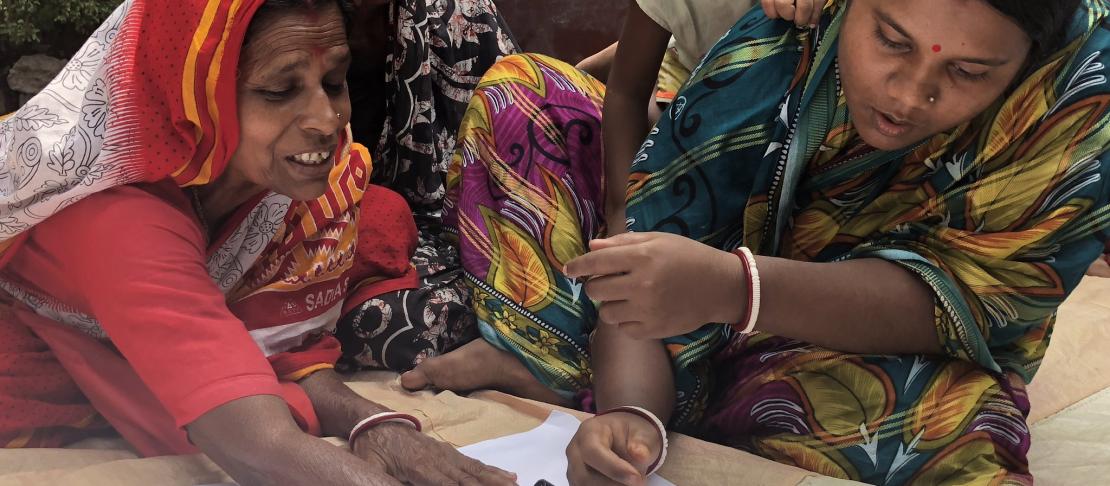New Report on Climate Action to Transform Food Systems

Linking the UN Food Systems Summit and COP26 through initiatives that support greater resilience to climate change
The CGIAR, World Food Programme and Swiss Agency for Development and Cooperation launch a new paper ahead of the UN Food Systems Summit and COP26 to better connect their respective agendas and ambitions in a milestone year for food systems and climate action.
Two key UN events are taking place in 2021: The United Nations Food Systems Summit (UNFSS) and the 26th session of the Conference of the Parties (COP26) to the UN Framework Convention on Climate Change (UNFCCC).
COP26 is of particular importance, as governments, for the first time since the Paris Agreement, are expected to agree on concrete commitments and greater ambitions to limit global warming to 1.5°C.
Unfortunately, food systems are marginally represented at COP26 and so is climate at the UNFSS.
The lack of integration between the two conferences is cause for concern across the scientific community and policymakers.
There is, however, great potential for collaboration, and many of the stated goals between the two conferences are extremely aligned.
This paper is a collaboration between the CGIAR, World Food Programme, the Swiss Agency for Development and Cooperation and sets out how climate action can be strategically and practically aligned with efforts to promote low carbon, resilient and sustainable food systems – and how food systems transformation is an essential aspect of climate action.
It also profiles emerging and established Climate Risk Reduction and Management (CRRM) initiatives led by the Green Climate Fund, the Risk-Informed Early Action Partnership (REAP), InsuResilience Global Partnership and the Blueprint for Digital Climate-Informed Advisory Services.
Key messages
- The climate crisis is a major threat to our food systems, undermining decades of progress in providing more nutritious diets to a growing global population. But it’s these very food systems which contribute to the global climate emergency – producing as much as a third of all greenhouse gas emissions.
- Two key events take place in 2021 – the United Nations Food Systems Summit (UNFSS) and the 26th session of the Conference of the Parties (COP26) to the United Nations Framework Convention on Climate Change (UNFCCC). Both events could produce mutually reinforcing commitments and action at the intersection of climate and food challenges.
- Although these conferences are highly aligned in terms of their goals, they are not systematically feeding each other in a way that reinforces and amplifies their shared ambitions.
- This paper looks at how food systems transformation is an essential aspect of climate action - and sets out how to align climate action with efforts to promote more sustainable food systems.
- The revision of Nationally Determined Contributions (NDC)s in preparation of COP26 offers a unique opportunity to set targets and initiatives that reduce the impact of unsustainable food systems on the global climate – and at the same time helps the agricultural and food sectors become more resilient to the impacts of climate change.
- At the intersection between food systems transformation and climate action, a number of emerging and established Climate Risk Reduction and Management (CRRM) initiatives enable contributions to reduce risks in food systems that are aggravated and compounded by climate change – and protect the livelihoods of those who depend on these food systems.
- This paper outlines how such initiatives offer vulnerable countries a broad pool of knowledge and tools to couple objectives of climate action and food systems transformation, and opportunities for global collaboration and engagement to develop NDCs that tackle both the climate and the food challenge we face in a mutually reinforcing way.

